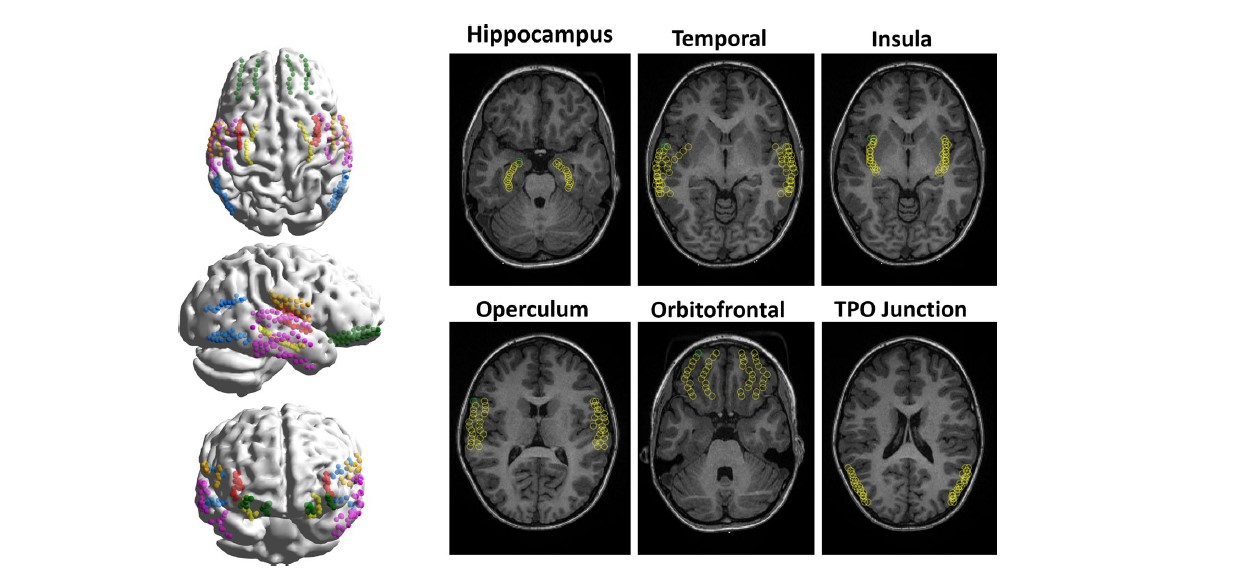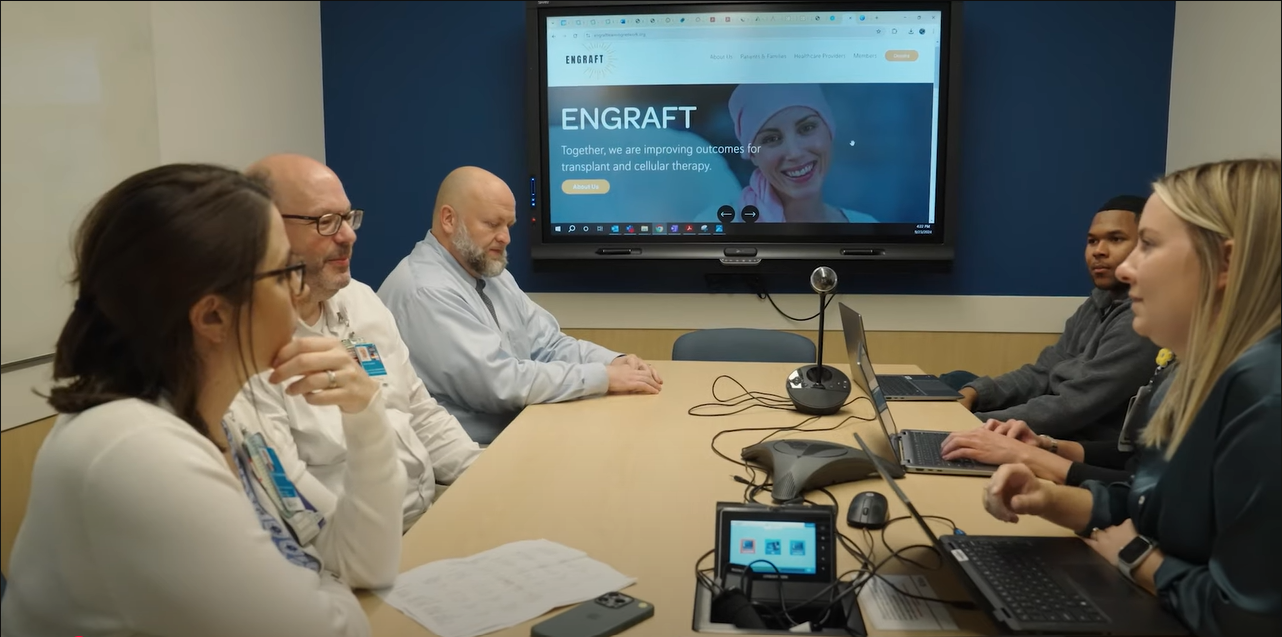Brain Development Research Featured on TODAY Show
Post Date: January 9, 2025 | Publish Date:
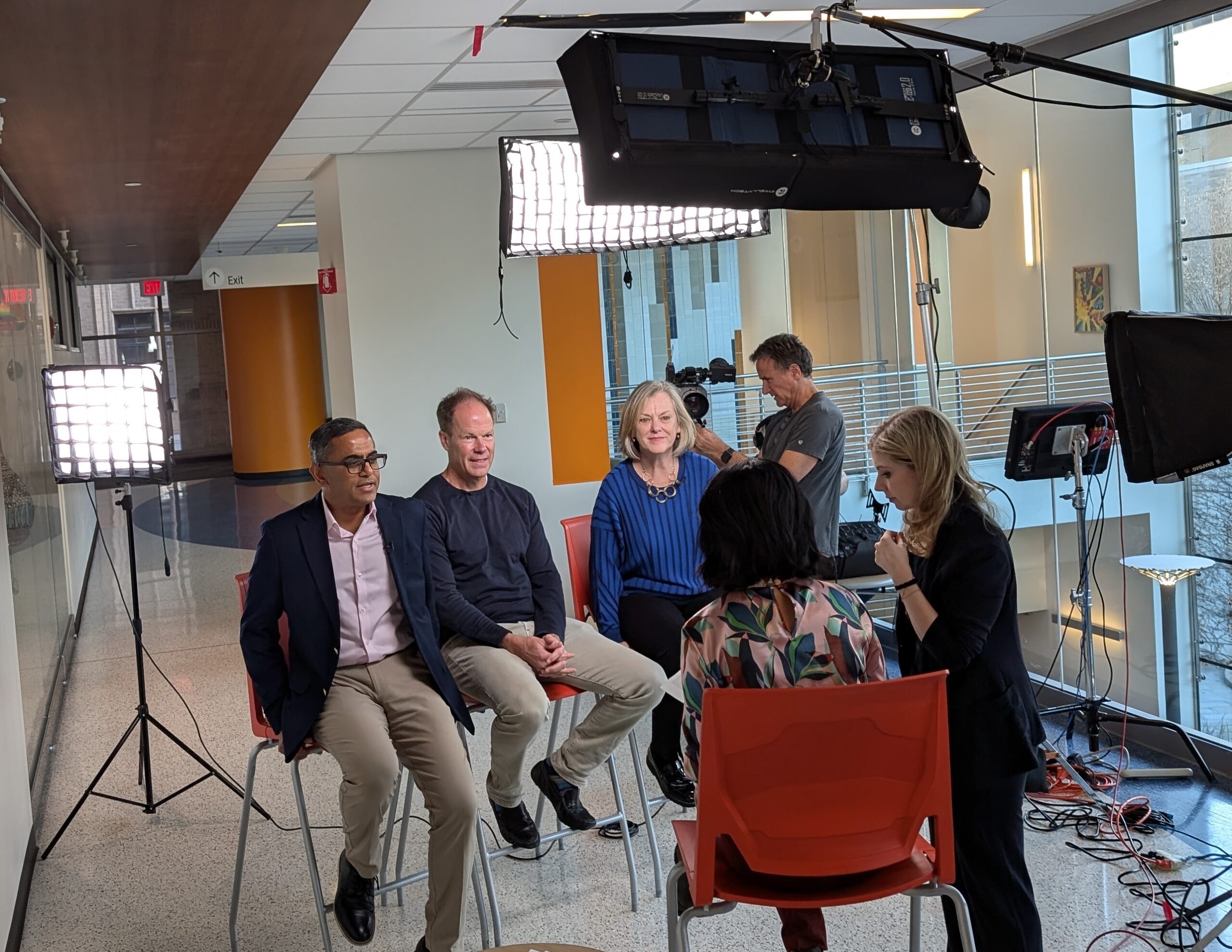
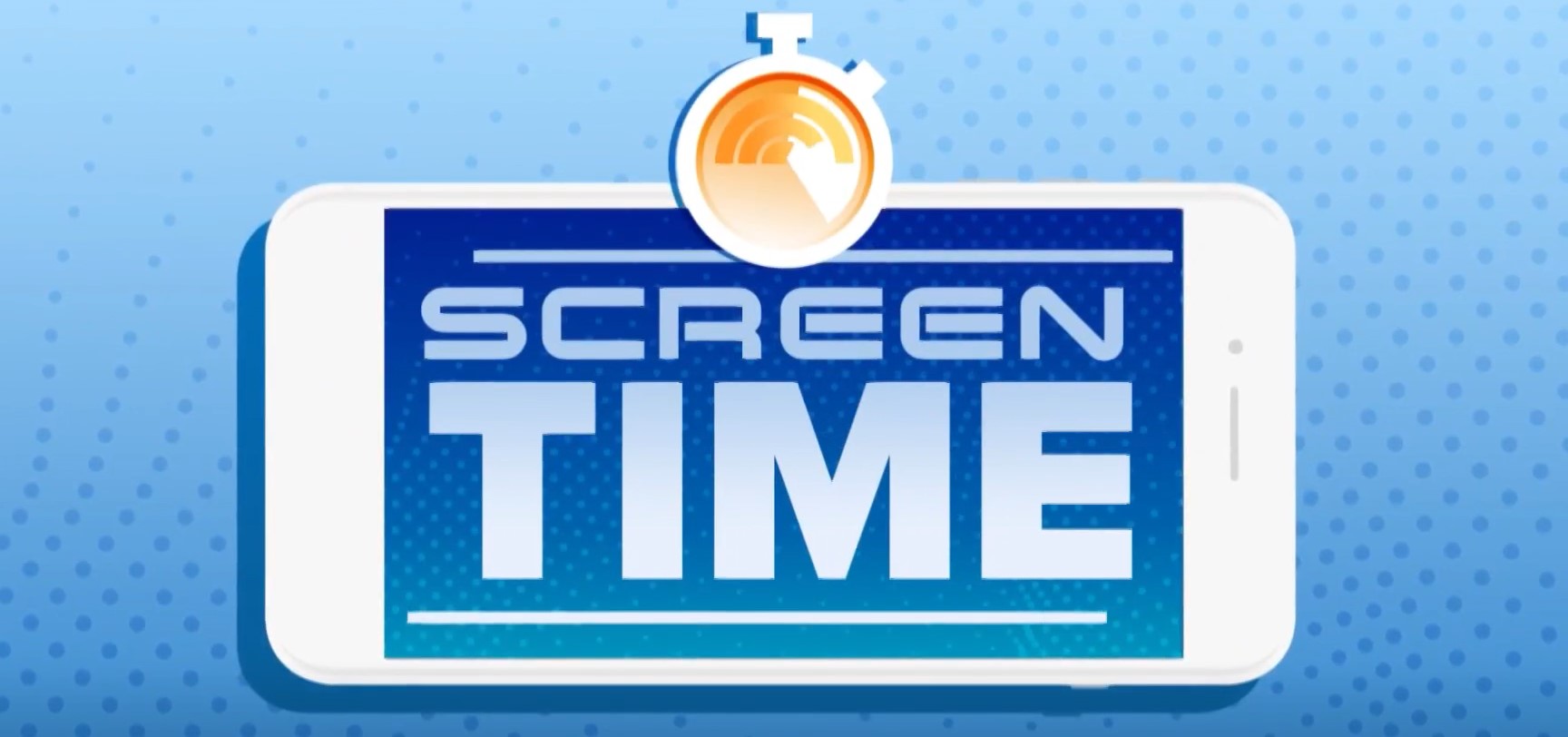
NBC’s Vicky Nguyen recently visited Cincinnati Children’s to interview experts here about their ongoing research to document how spending hours viewing smartphones, tablets and other device screens can affect brain development in young children.
The segment aired Jan. 8, 2025, on the TODAY Show.
The takeaway message: parents should strive to avoid screen time for children ages 3 and younger because too much screen time can be linked to harmful changes in the brain’s white matter and related impacts upon language development and reading skills. Direct, face-to-face interactions between parents and children, be it playing, talking or reading together, are more beneficial for healthy brain development.
The segment included comments from three experts:
- John Hutton, MD, MS, a former faculty member at Cincinnati Children’s now at UT Southwestern Medical Center, who has studied the impact of screen time upon reading skills for years.
- Nehal Parikh, DO, MS, a member on the Perinatal Institute and director of the Neurodevelopmental Disorders Prevention Center at Cincinnati Children’s who is leading a study tracking risk factors that affect the brain development and developmental outcomes of prematurely born infants.
- Lisa Hunter, PhD, scientific director of audiology for the Division of Patient Services Research at Cincinnati Children’s, who collaborates with Parikh and is leading a study on connections between hearing loss that commonly occurs among preterm infants and later language development.
Ongoing brain development studies
Any birth occurring before 37 weeks gestation is considered preterm. However, “very preterm” births (less than 32 weeks gestation) face a number of health and development risks as they grow up.
Up to 75% of very preterm infants develop one or more brain abnormalities. And approximately 50% of very preterm infants exhibit delays in brain maturation.
The outcomes can include:
- Cognitive and intellectual impairments affecting executive function, learning, and specific language disorders.
- Sensory and motor skill disruptions including cerebral palsy (CP), developmental coordinator disorder, visual and hearing losses and listening difficulties.
- Psychiatric and behavioral abnormalities such as attention deficit hyperactivity disorder (AHDH), autism spectrum disorder (ASD), anxiety, and depression.
Experts at the Neurodevelopmental Disorders Prevention Center at Cincinnati Children’s have published a variety of studies related to these concerns. The work continues with two important longitudinal studies:
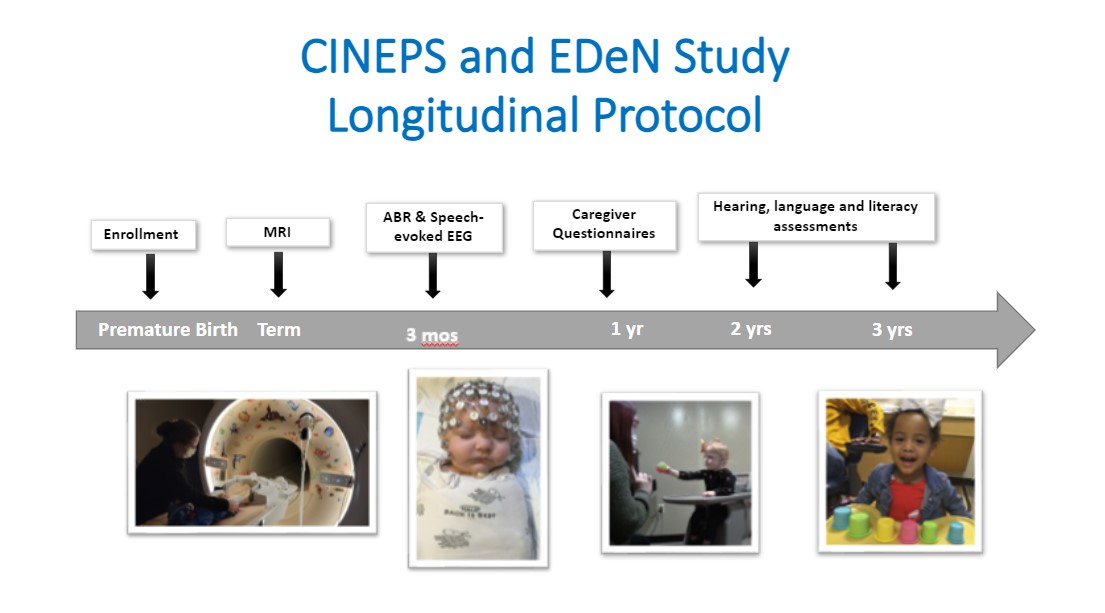
Experts at the Communications Science Research Center at Cincinnati Children’s have published a variety of studies related to these concerns. The work continues with two important longitudinal studies:
The Cincinnati Infant Neurodevelopment Early Prediction Study (CINEPS) is tracking a cohort study of 395 very preterm infants who were treated at one of five Southwest Ohio neonatal intensive care units in the largest study of its kind. View this video to learn more about this project.
Meanwhile, the Early Development of NICU Graduates Longitudinal Study (EDeN) is using MRI, auditory and EEG measures to follow preterm infants and toddlers with the goal of improving early prediction of hearing, speech, language and reading problems to facilitate earlier intervention during the brain’s peak neuroplasticity window. Visit this webpage to learn more about the EDeN project.

